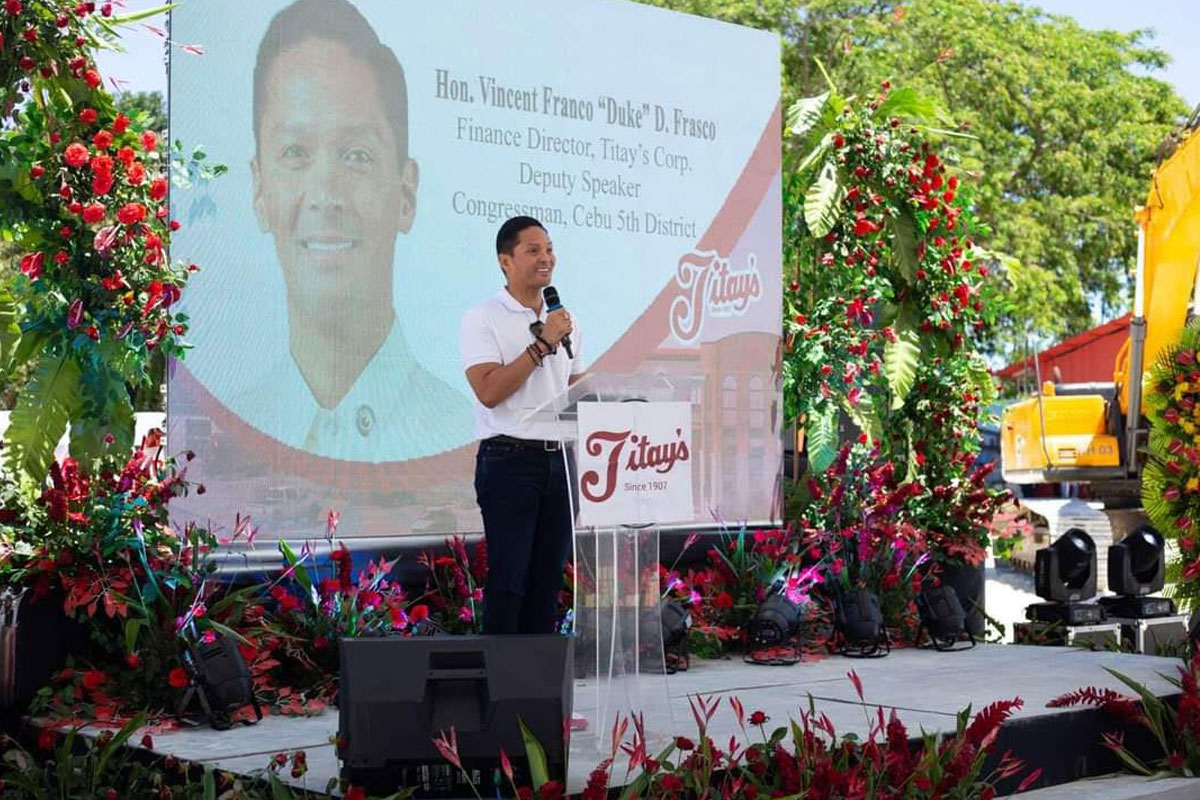
Water project gets boost from Germany
At least 500 households in Negros and Davao region will soon have drinking water access while some 3,000 hectares of agricultural land in the same region will be irrigated with the implementation of the Ecosystem-based Adaptation in 2 River Basins (E2RB) project of the Department of Environment and Natural Resources (DENR).
The DENR through a partnership with German-commissioned Deutsche Geselschaft fur Internationale Zusammenarbeit (GIZ) will implement the E2RB after it received a 4.6 million Euro grant from the German government’s International Climate Initiative to fund the said project.
“A Project Management Committee has already been created. We can start implementation this year after some delays due to Covid 19,” Gorospe said.
The E2RB will be carried out in Ilog Hilabangan in Negros and Tagum Libuganon (mainly Davao del Norte) in Davao Region.
Gorospe disclosed that the E2RB will strengthen the river basins’ ecosystem services, protect their biodiversity, and importantly, reduce their vulnerability to climate change as destructive flooding has been experienced in the river basins.
“One of the basis for the choice of the site is perennial flooding,” Gorospe added.
The E2RB is in line with DENR’s program on Climate Change Adaptation and Mitigation and Disaster Risk Reduction Roadmap 2018-2022. It also aligns with the Philippine Development Plan 2017-2022, Philippine Biodiversity Strategy and Action Plan, and enhanced National Greening Program.
“The effective protection of forests in river basins supports the objectives of the Philippine Intended Nationally Determined Contributions (INDC) in the area of mitigation through the contribution of the forest sector to the planned total greenhouse gas reduction of 70% in 2030,” according to the DENR-GIZ agreement.
The project’s expected output includes the coordinated implementation of ecosystem-based adaptation for reliable water supply, better water quality, and optimized disaster risk management, and targeted biodiversity protection. It will secure access to drinking water for 500 households and a sufficient supply of water for 3,000 hectares of agricultural land.

















